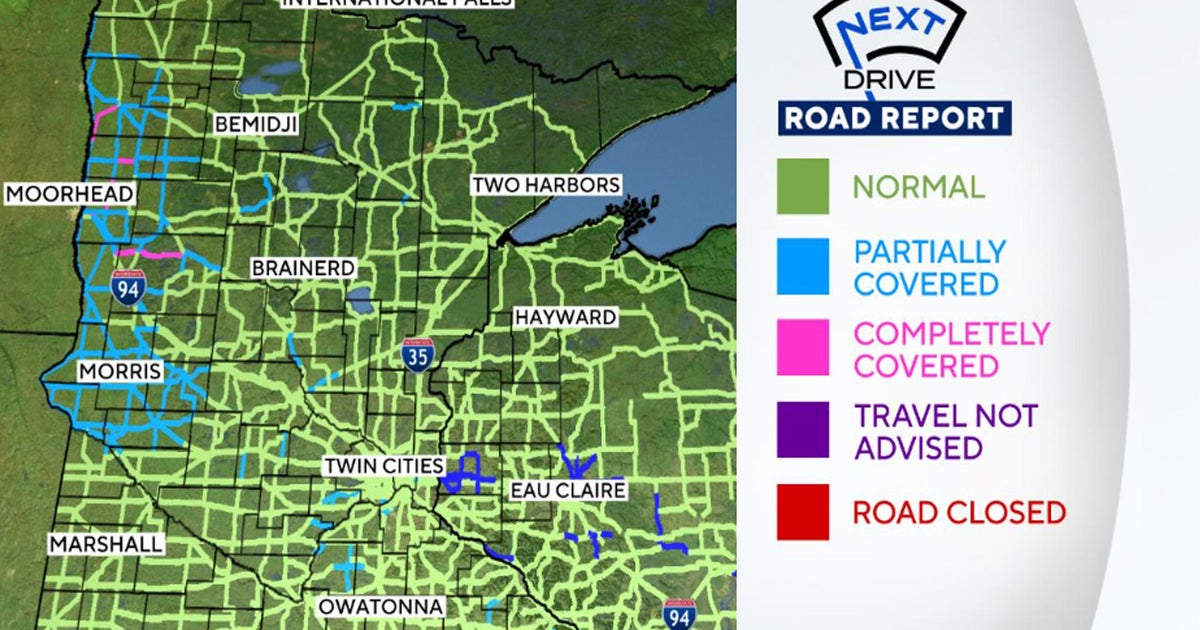A business is out 4 million dollars after a catfishing scam
MINNEAPOLIS — Despite warnings, online romance scams continue to find victims across Minnesota.
The latest victim - a Lewiston business that could be out nearly four million dollars.
According to court documents from Wabasha County, 61-year old Sharon Schmalzriedt of Wabasha was charged last week with felony theft and felony financial exploitation of a vulnerable adult.
The documents state that in February 2020, the business' owner "noticed some unexpected losses and inconsistencies" in the business' financial statements, including "several large whole dollar transfers of cash to organizations that Victim did not do business with."
After bring in an outside financial officer, the business owner discovered Schmalriedt had deleted multiple payments from the ledge beginning in October 2019 for a loss of $3,751,337.06.
Schmalzriedt was fired in March 2023 for gross negligence.
The documents say a special agent interviewed Schmalzriedt who stated she was having marital problems and began an online relationship with 'Erik Lockwood'. Lockwood "claimed that he was owed seven million dollars from work he performed in Dubai. However he needed to borrow United States
currency in order to acquire the seven million he was owed."
The dcouments say Schmalzriedt initially sent Lockwood her own money and then began transferring money from the business and then $17,150 from a vulnerable adult she's responsible for.
The BBB says it's a story that's become all too common across the country.
"Especially during the holiday season and as we approach Valentine's Day, because people are very interested in spending special moments, intimate moments with another one, " said Bao Vang with the Better Business Bureau of Minnesota and North Dakota. "What happens is these scammers are creating these really compelling background stories with full fledged identities, picture , and stories around their travel and their work and it feels real when someone comes across that profile or that identity."
But Vang says there's always a twist to the story.
"In a very short amount of time the trust is built and all of a sudden, an emergency happens. And that person on the other end, the scammer will ask for money," Vang said. "People actually fall for that. people become so trusted in that individual that they will go to great lengths to try to satisfy or show their their love or commitment to that person."
According to the FCC, nearly 70,000 people reported a romance scam in 2022. The reported losses add up to more than $1.3 billion, with the median reported loss around $4,400. More than 60% of those scams took place using cryptocurrency and gift cards.
"They might ask for other things outside of cash...like a wire transfer, which is as good as cash, or maybe the codes off of gift cards, which is as good as cash," Vang said. "Once you send over the digits or the 16 digit code... that is gone and they're untraceable, you're likely never going to see that cash again," Vang said.
Thankfully, the BBB has some easy tips to avoid beind scammed.
Too hot to be true. Scammers offer up good-looking photos and tales of financial success. Be honest with yourself about who would be genuinely interested. If they seem "too perfect," your alarm bells should ring.
In a hurry to get off the site. Catfishers will try very quickly to get you to move to communicate through email, messenger, or phone.
Moving fast. A catfisher will begin speaking of a future together and tell you they love you quickly. They often say they've never felt this way before.
Talk about trust. Catfishers will start manipulating you with talk about trust and its importance. This will often be the first step to asking you for money.
Don't want to meet. Be wary of someone who always has an excuse to postpone a meeting because they say they are traveling or live overseas or are in the military.
Suspect language. If the person you are communicating with claims to be from your hometown but has poor spelling or grammar, uses overly flowery language or uses phrases that don't make sense, that's a red flag.
Hard luck stories. Before moving on to asking you for money, the scammer may hint at financial troubles like heat being cut off or a stolen car, or a sick relative, or they may share a sad story from their past (death of parents or spouse, etc.).




